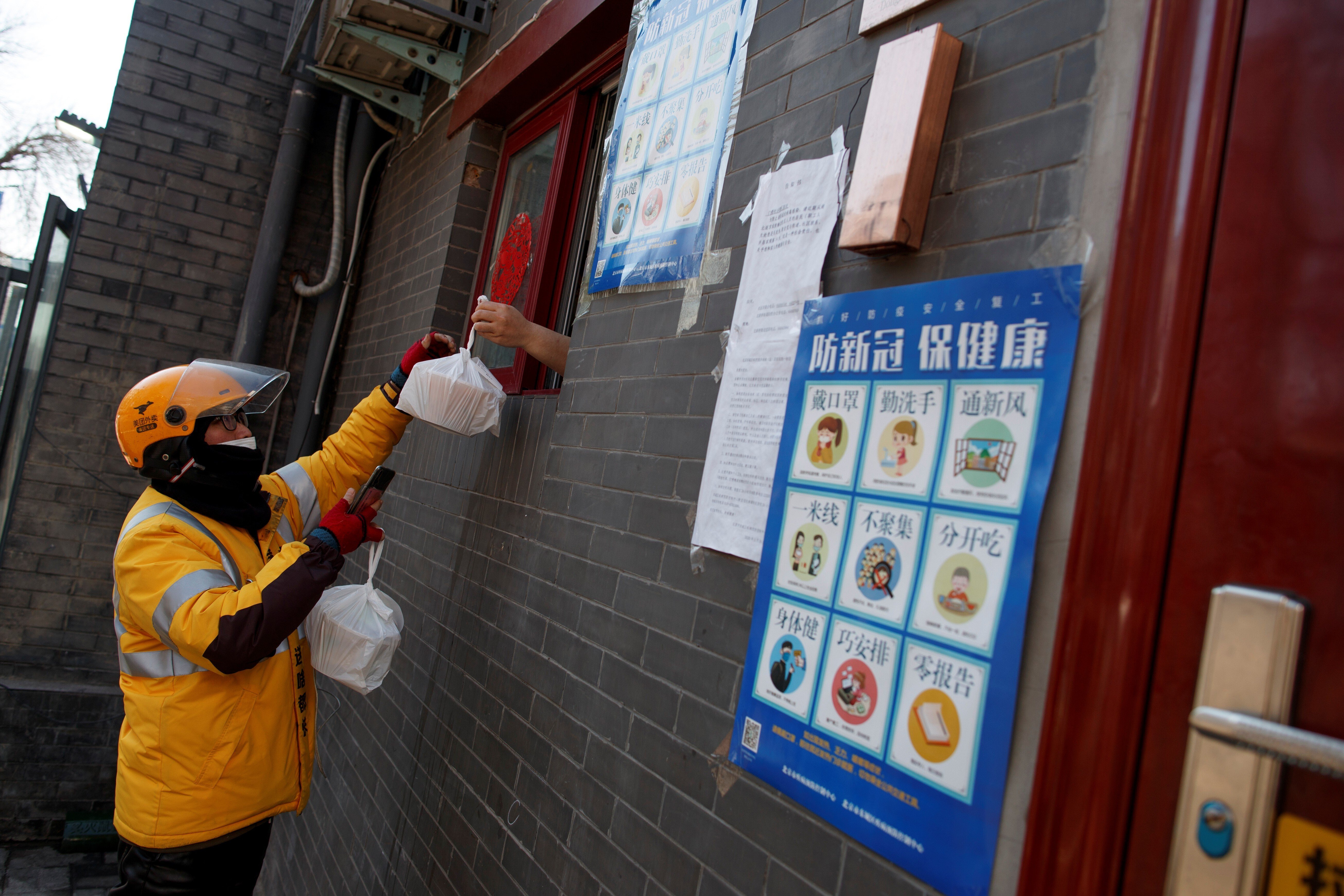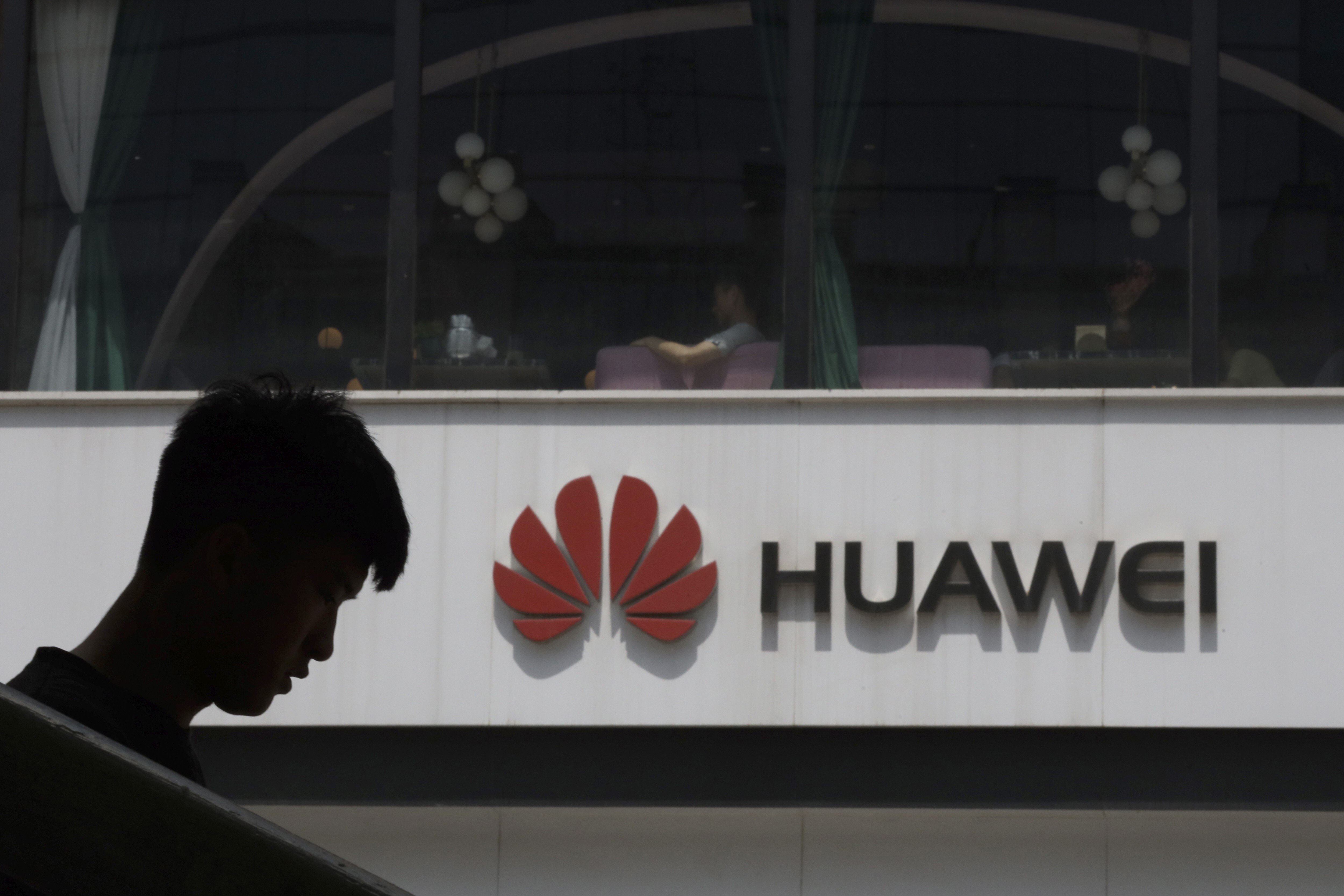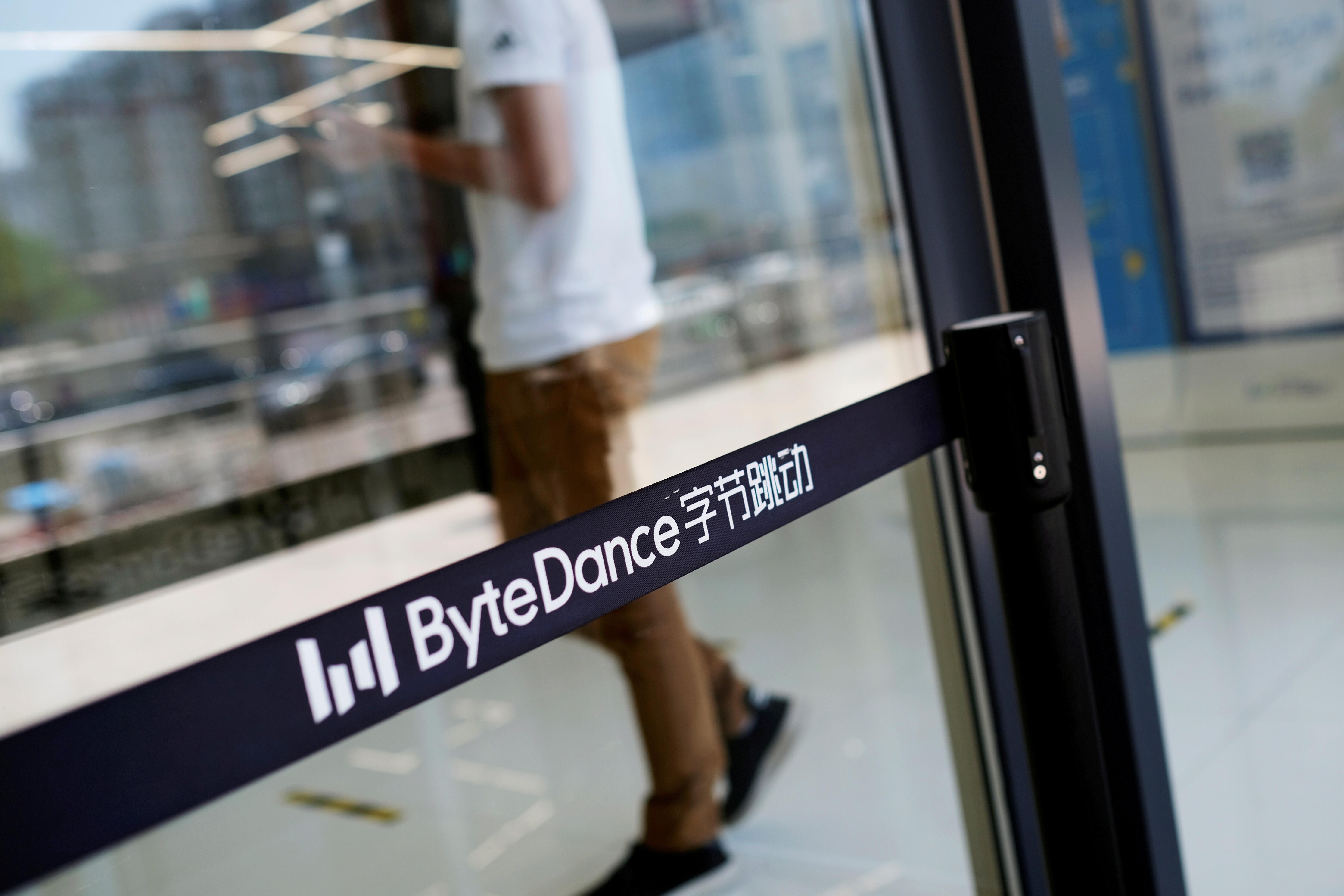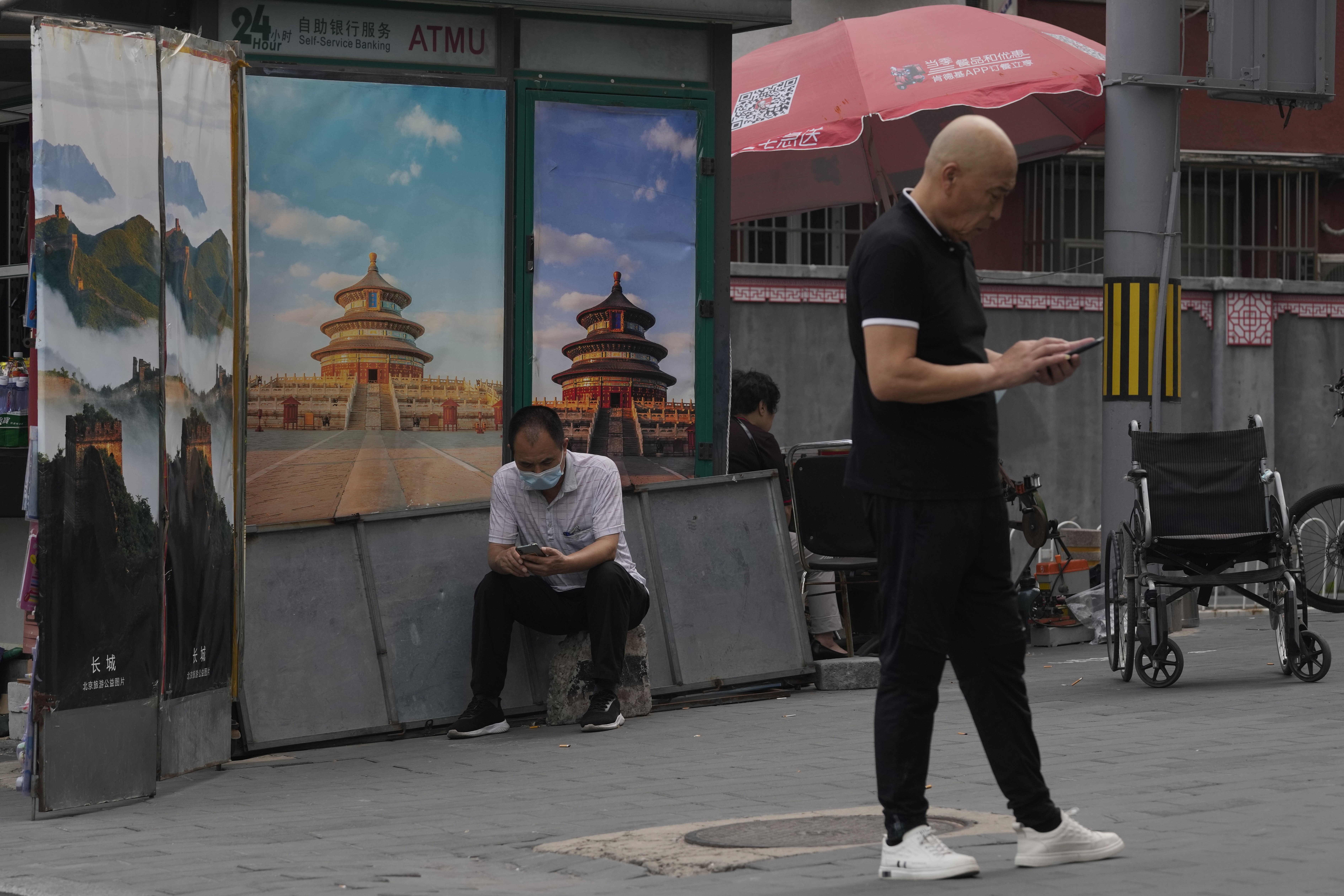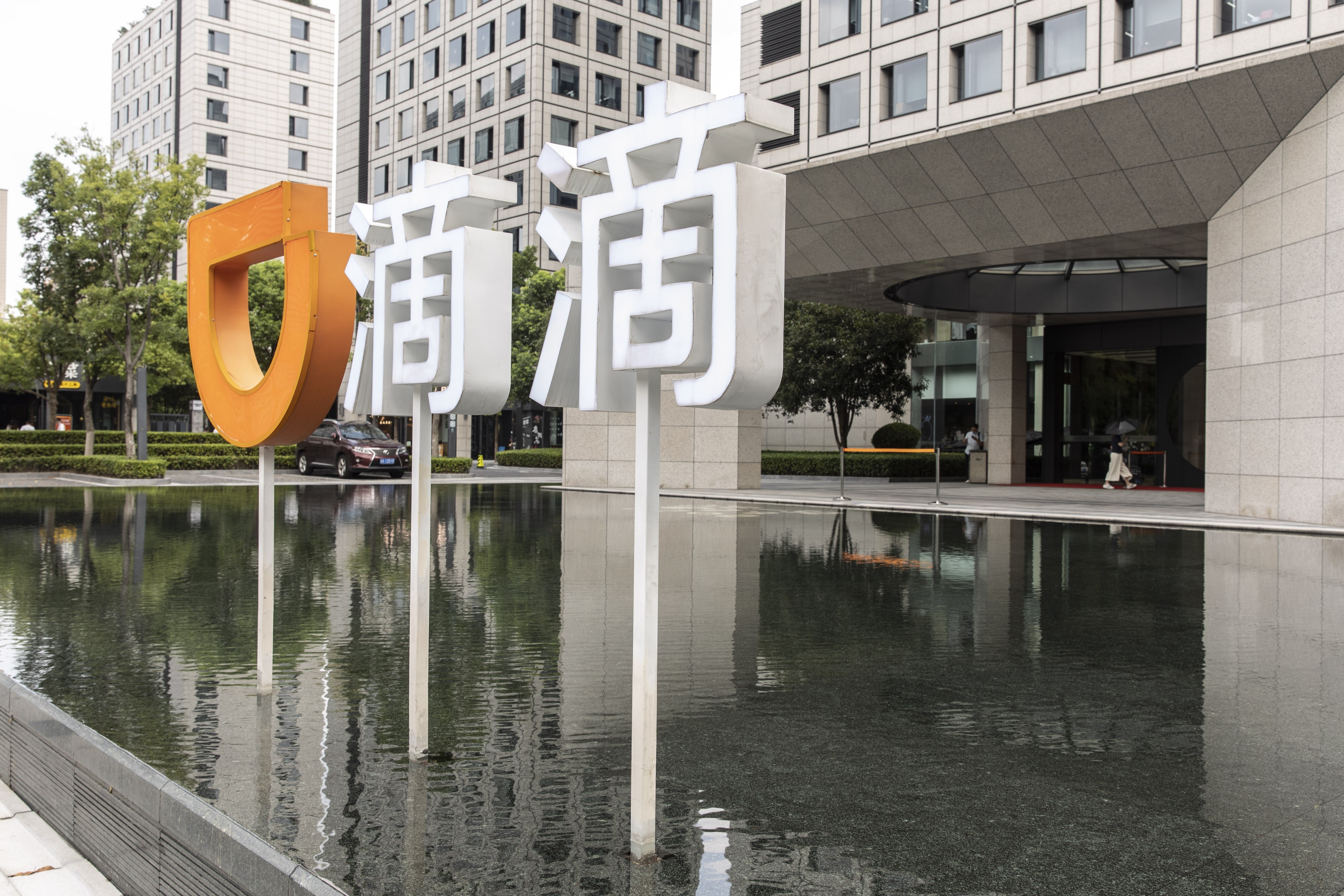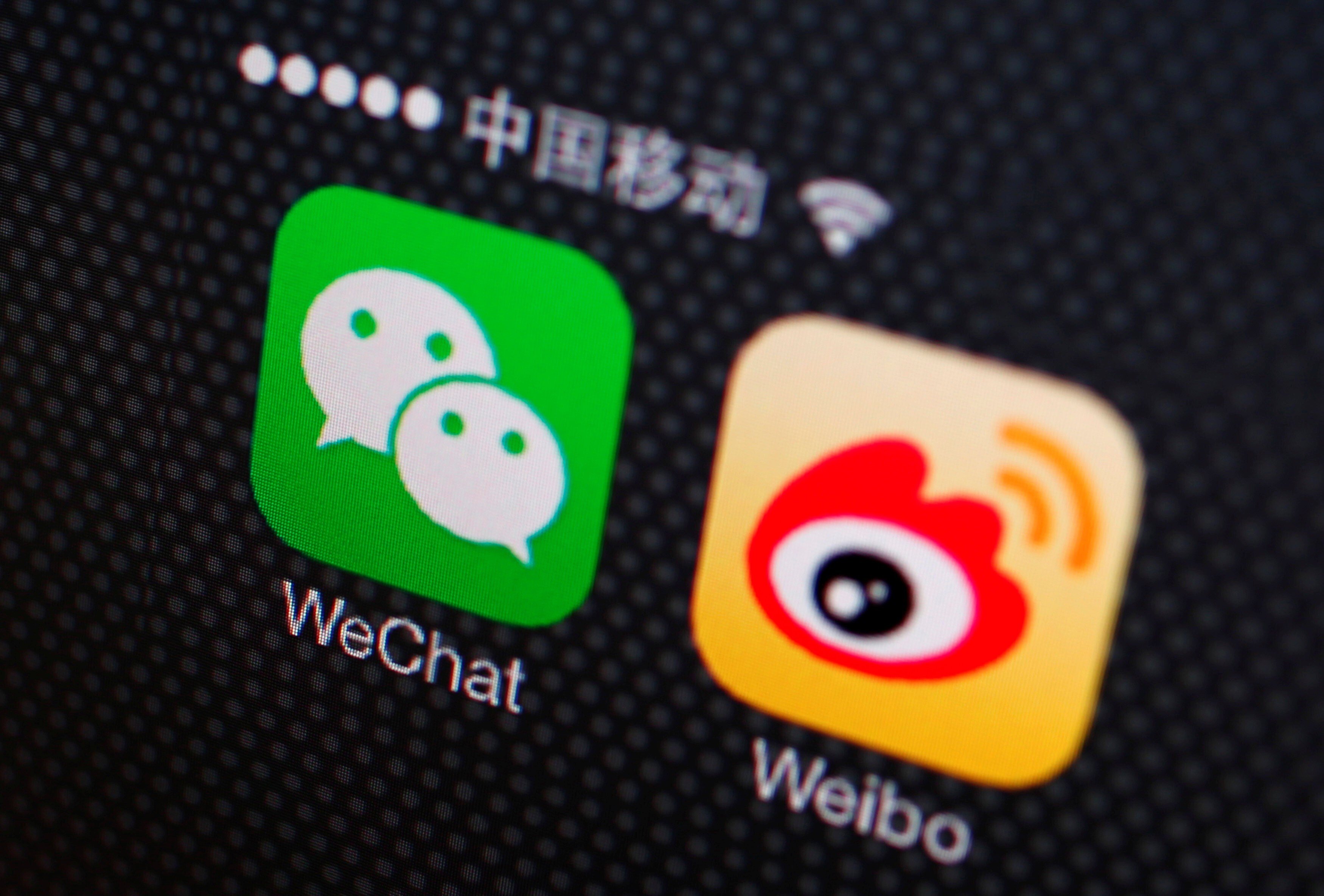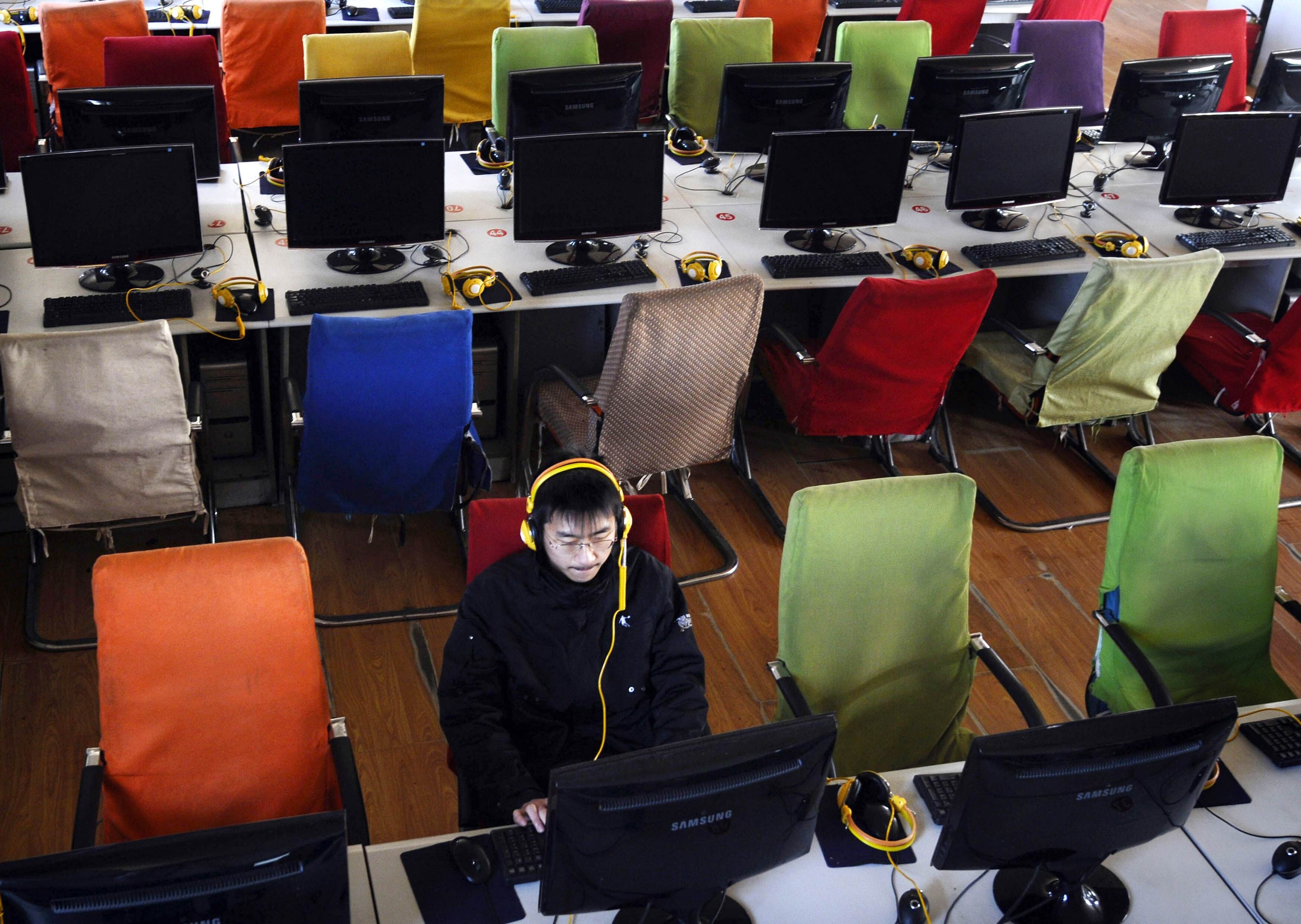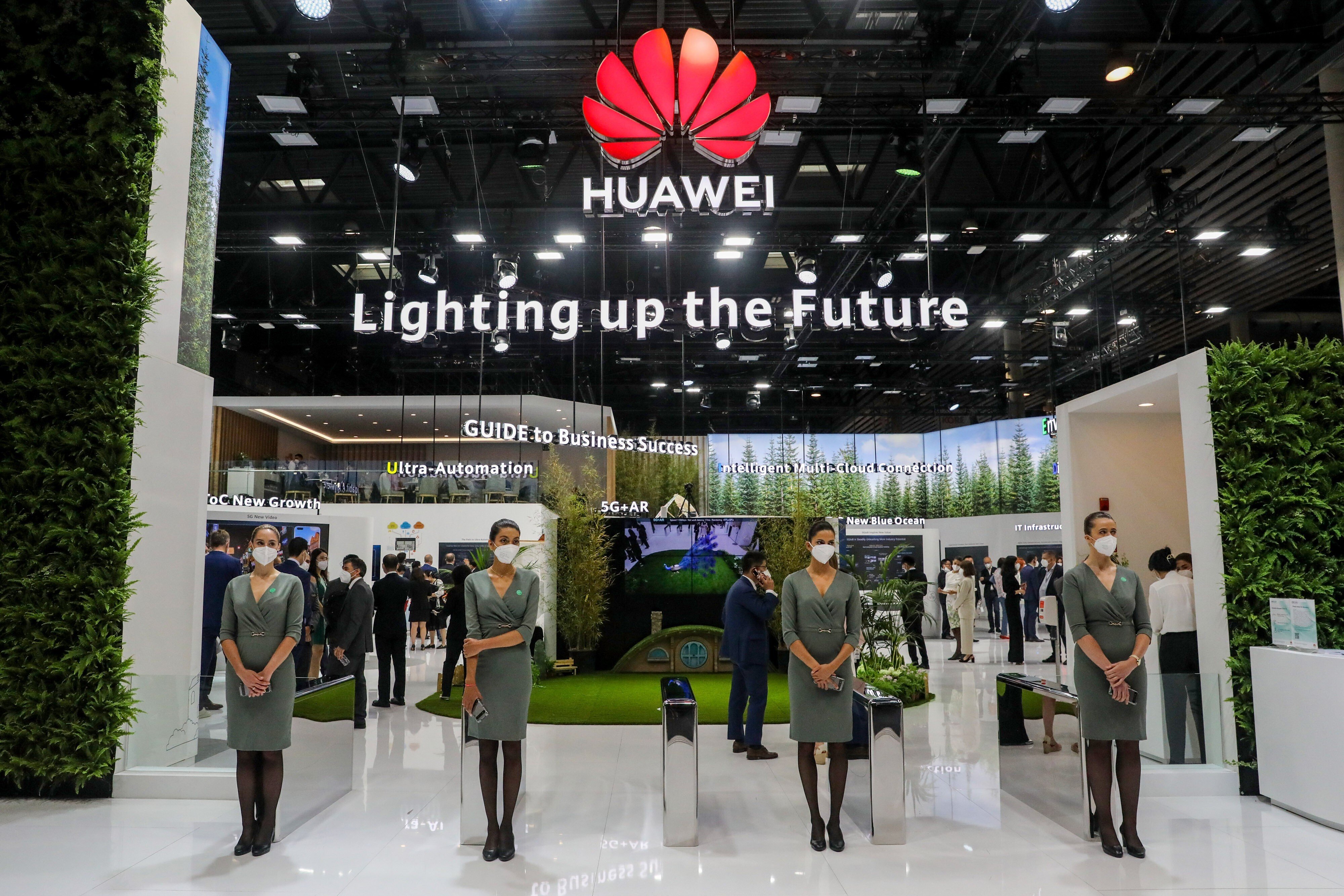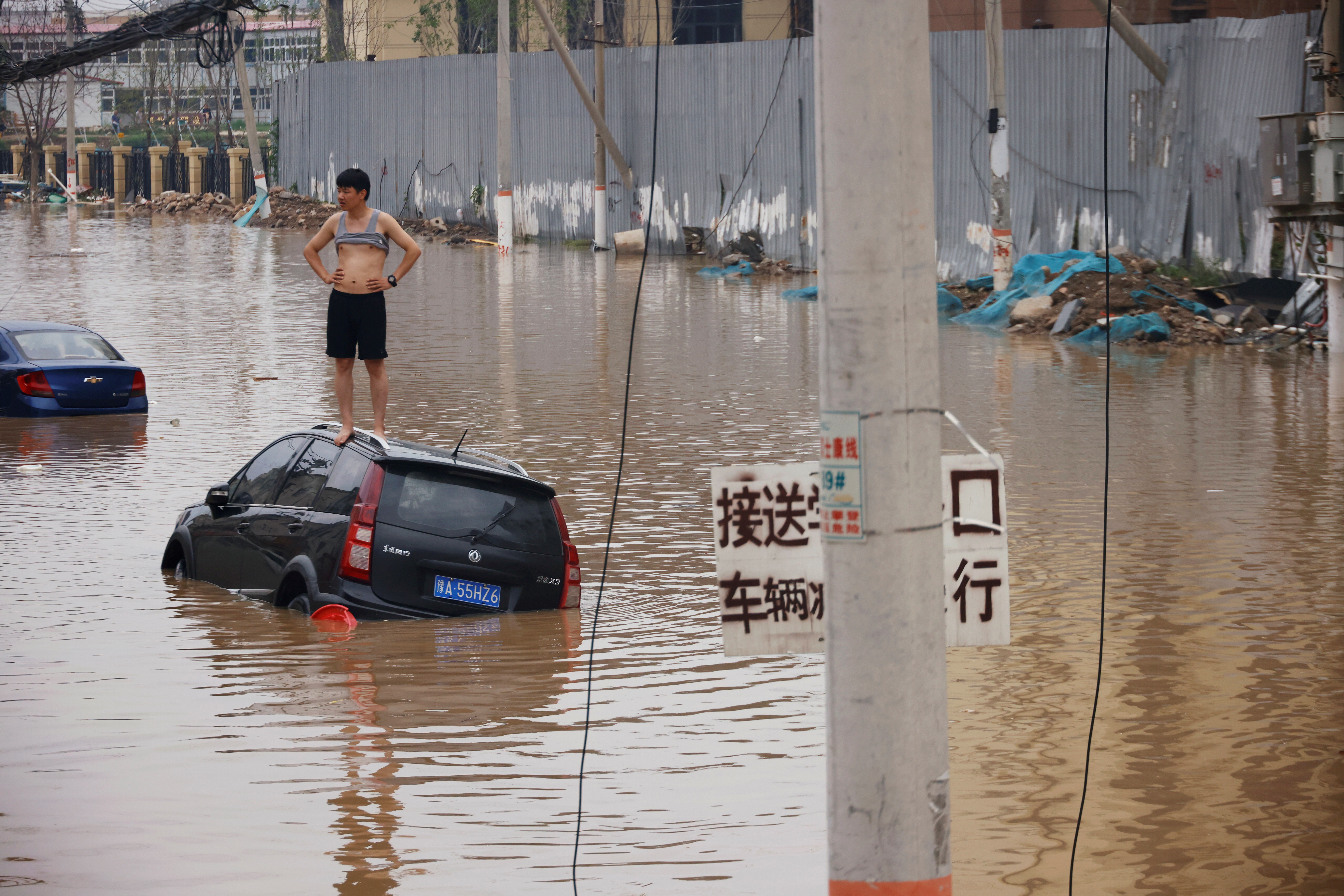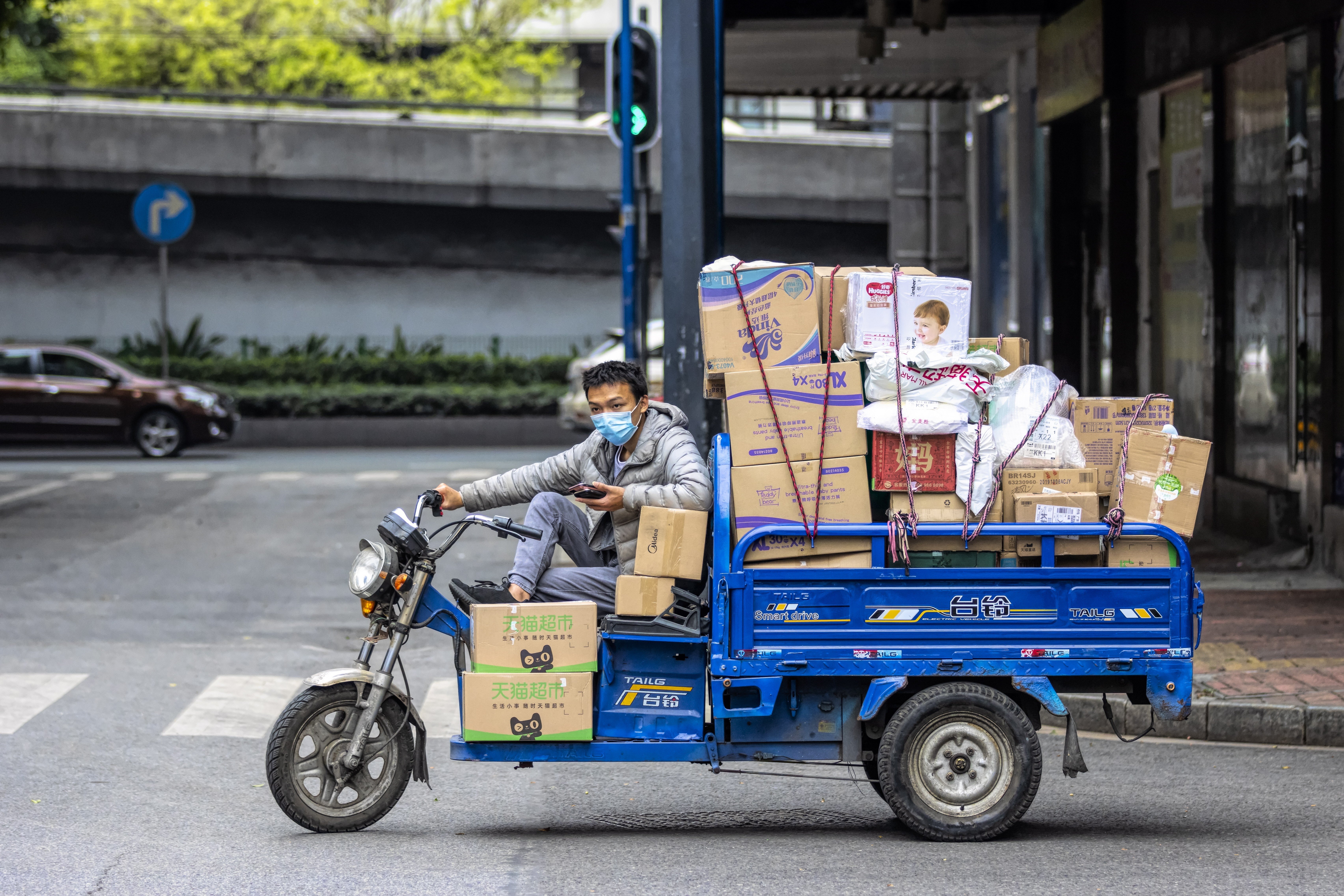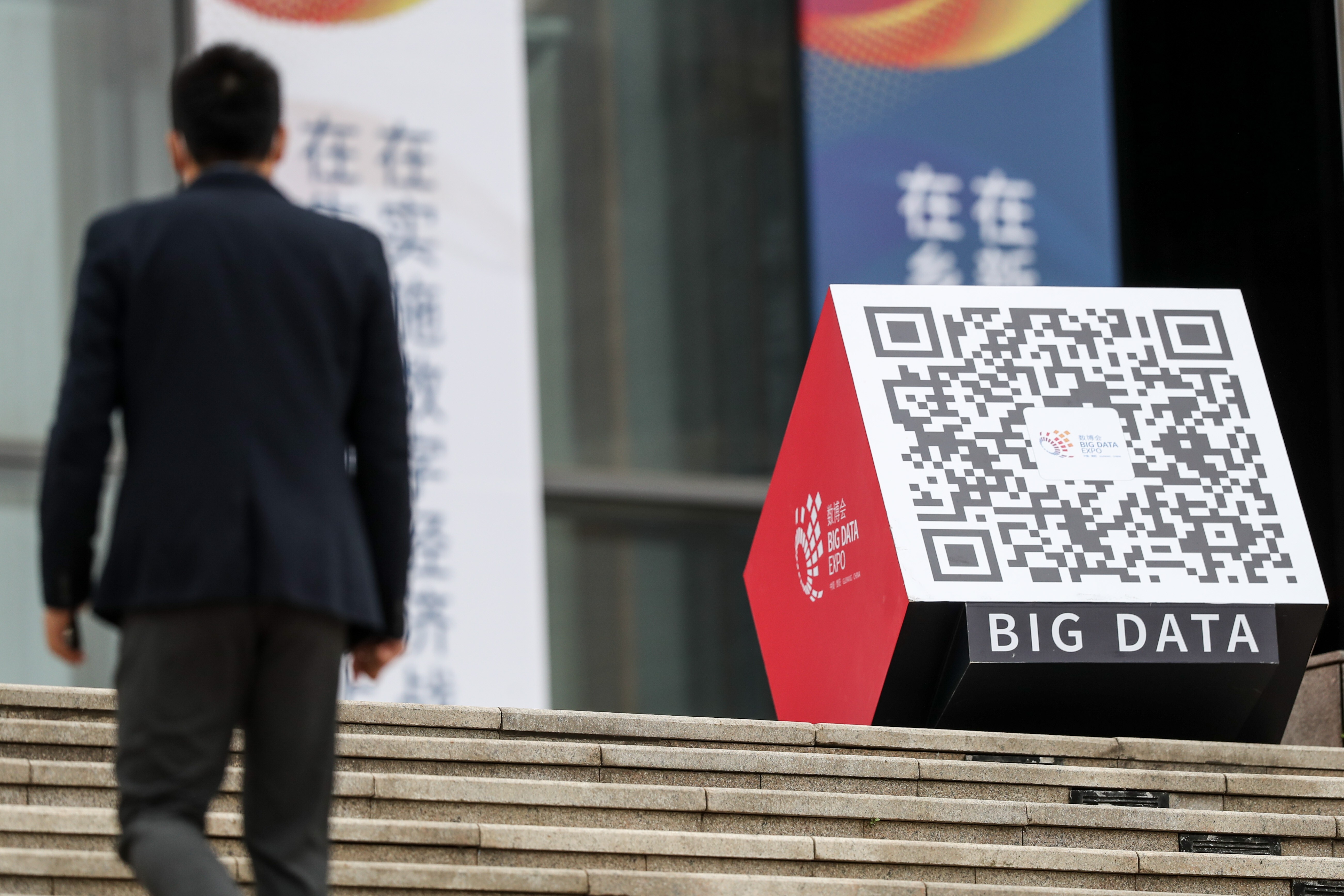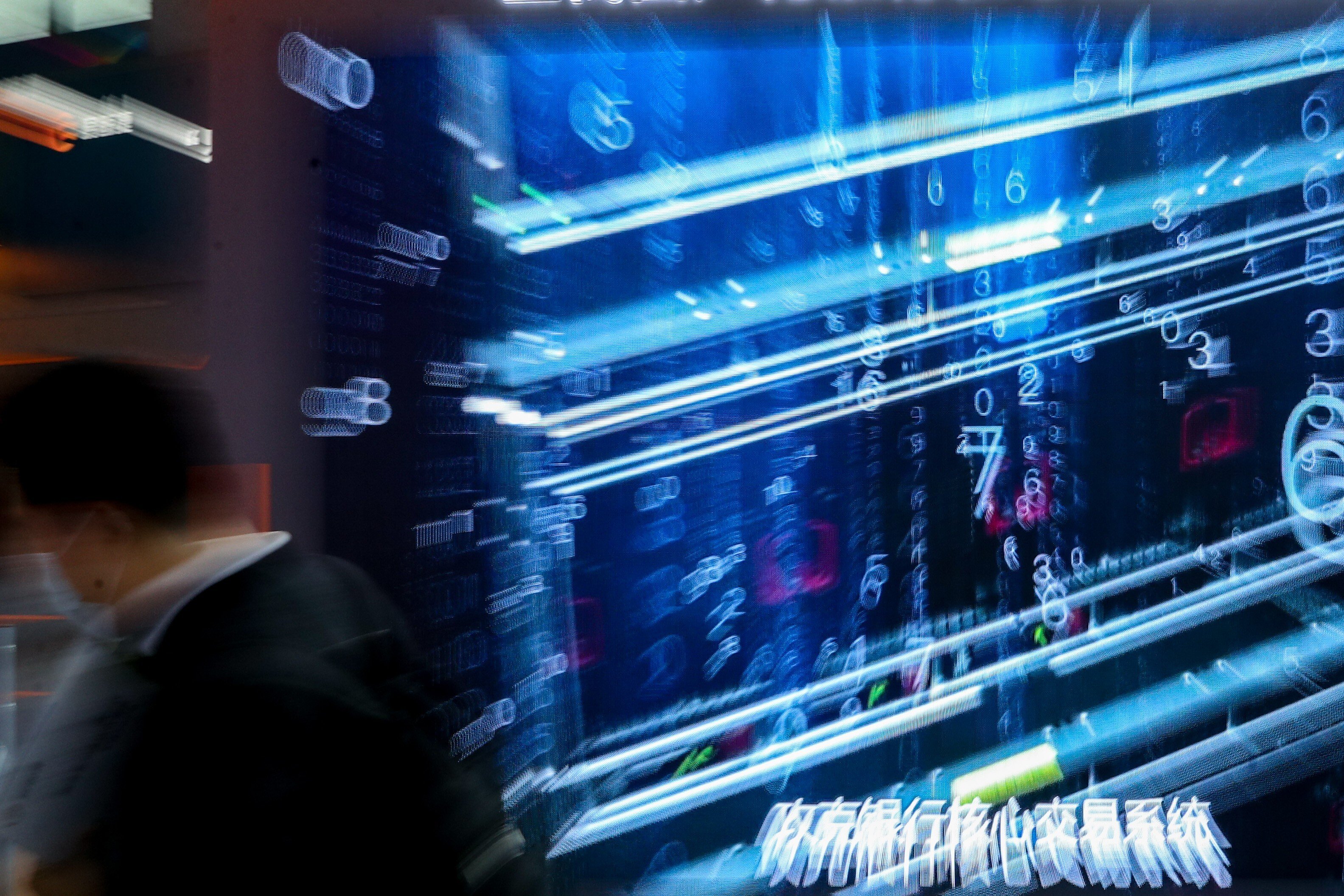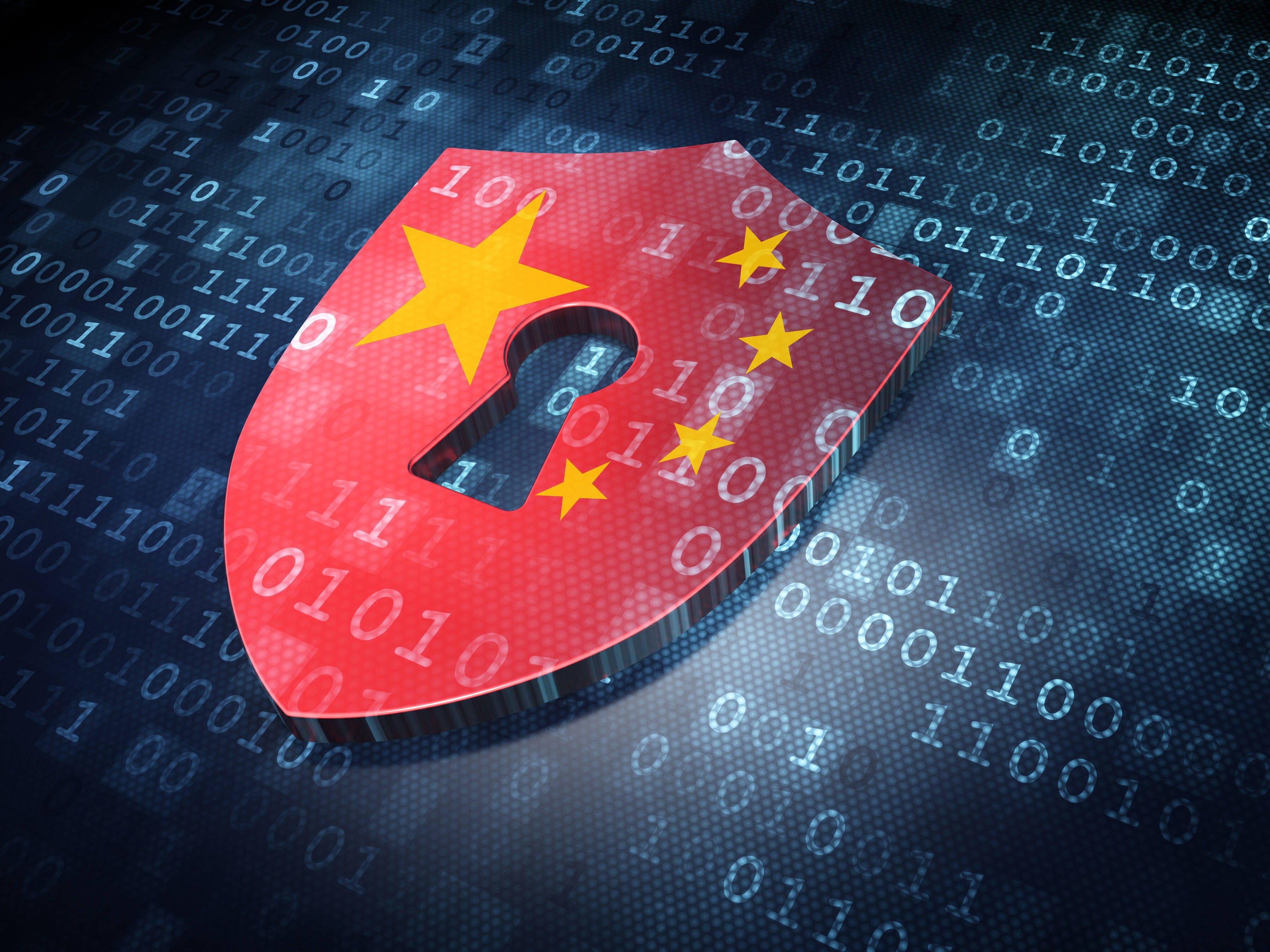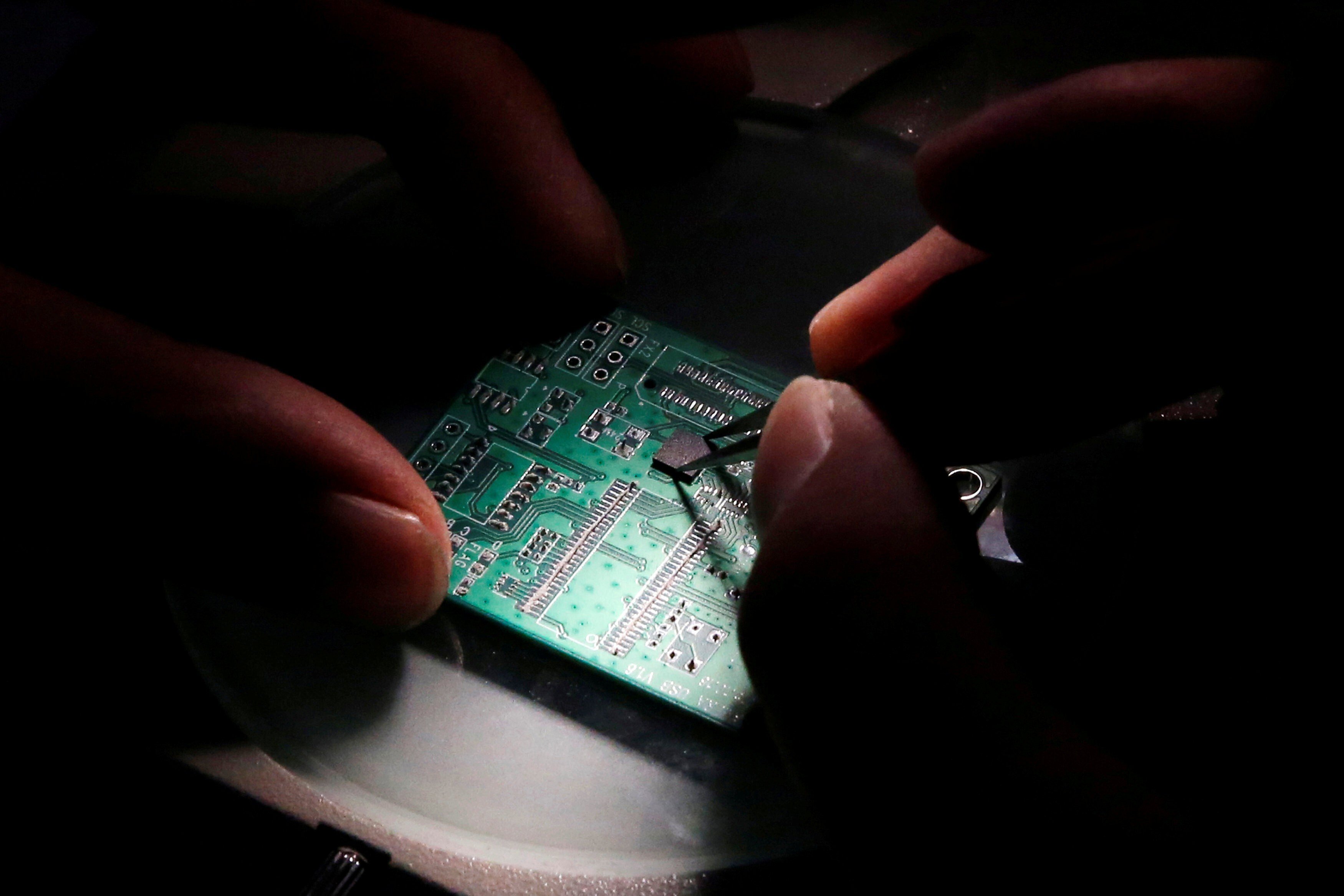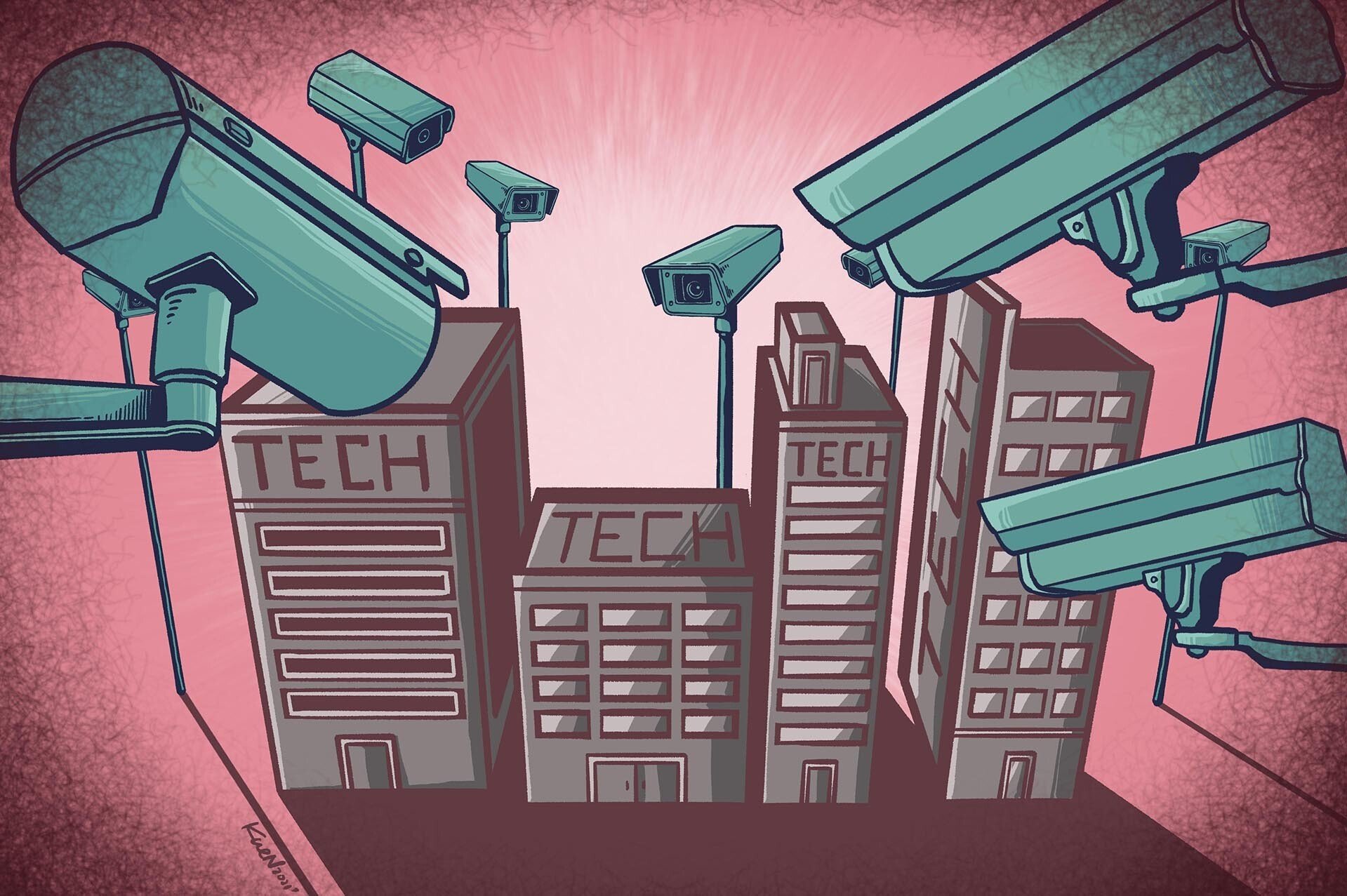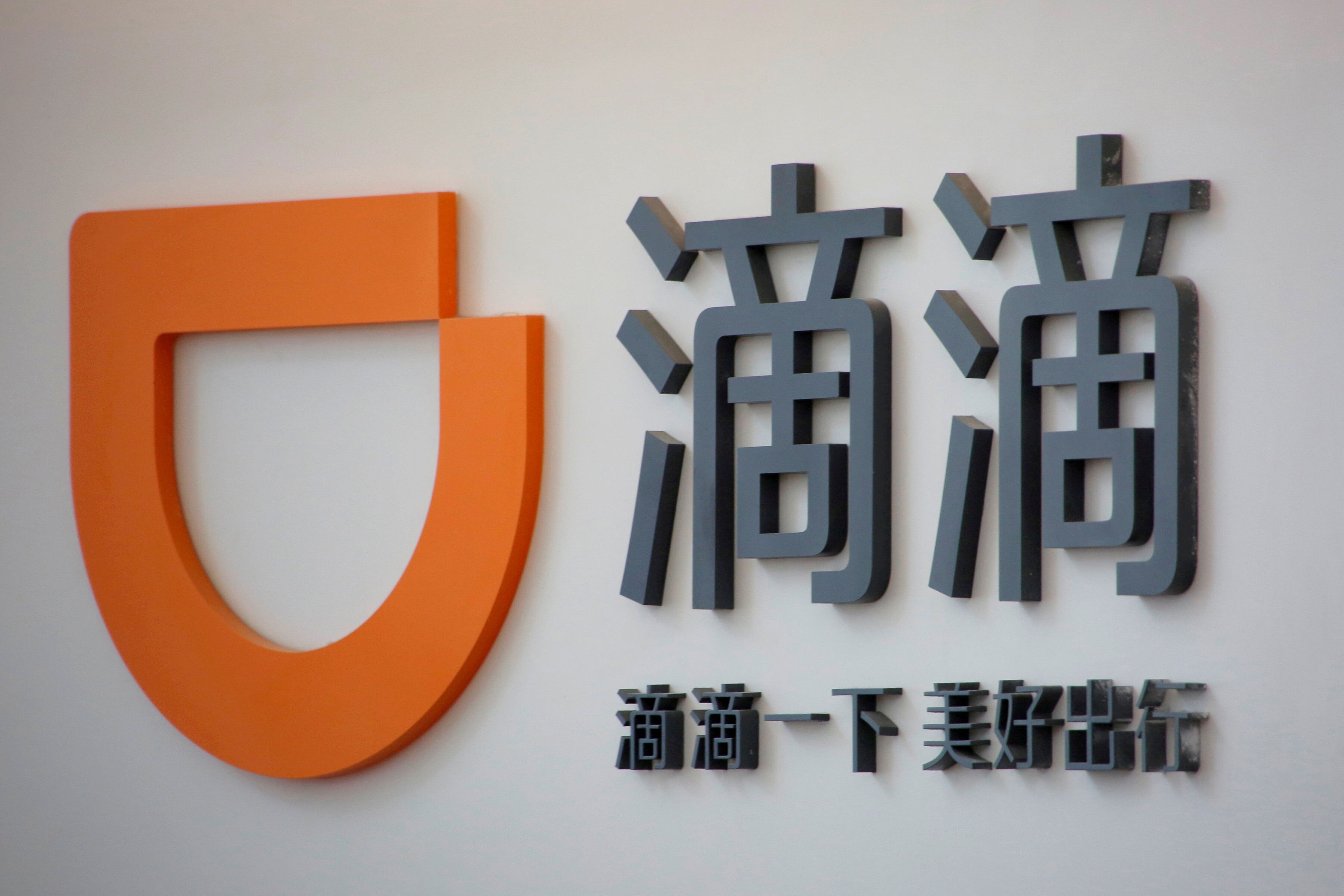Advertisement
Advertisement

Masha Borak
Reporter, Technology
Masha Borak is a technology reporter. Before joining the Post, she reported on China tech from Beijing.
Beijing’s way of doing business and its rigid Covid-19 response have damaged its relationships in key belt and road corridor, experts say.
The focus on labour rights is part of the Chinese government’s push to create a fairer society and narrow the income gap under President Xi Jinping.
Huawei has the full-time equivalent of 19 lobbyists on payroll in the EU, more than Big Tech rivals, as it tries to fight curbs to its market access.
The company said that the VR start-up will support ByteDance’s “entry to the VR space and long-term investment in this emerging field”.
Advertisement
China’s strict personal information law draws inspiration from Europe’s GDPR but goes further as Beijing moves to shore up privacy and national security.
More mobile apps have been taken down over privacy issues as China readies its Personal Information Protection Law, with some of the world’s strictest rules on data usage.
China’s AI industry may triple to 453.26 billion yuan in value by 2025 from last year, while a broader AI-driven industry may be as large as 1.66 trillion yuan, which underscores the strategic importance of the field in the Made in China 2025 industrial master plan.
Didi introduces breakdown of drivers income after criticism over lack of transparency on pricing and fee sharing.
Regulators are doubling down on data and automated driving functions of smart vehicles, months after a massive recall of Tesla’s electric cars over safety concerns.
China’s Big Tech crackdown has spurred debate over whether it will hurt or help the country’s long-term technological development.
Overseas-based language-learning apps including Duolingo, Memrise and Beelinguapp have disappeared from some Android app stores in China amid the country’s ongoing edtech crackdown.
Report accuses US tech giants Microsoft, Oracle, IBM and Cisco of selling products to China that can be used in their surveillance state.
Stock traders continue to be challenged by a slew of local media reports suggesting the regulatory storm is far from over.
The new internet content crackdown targets “illegal news activities”, putting pressure on social media platforms to weed out unregulated content creators.
China eyes global leadership in the IPv6 internet protocol in preparation for the IoT era when even home appliances will have their own IP address.
The P50 will not support 5G, as Huawei continues to lose relevance in the smartphone market because of Washington’s ban on the company's access to US technologies.
Weibo users vent online as apparent bug prevents Siri from reading out the number of gold medals Chinese athletes have won in Tokyo.
Two high-profile smart city projects in Zhengzhou, one for flood management and another for tunnel safety, have been singled out for criticism.
Grievances have been rising among these new types of workers, and Beijing has not hesitated to raise its concerns about the potential for social unrest with Big Tech.
East Asian innovation hubs are set to challenge Silicon Valley dominance after the coronavirus pandemic with Singapore the top choice for tech leaders.
Data localisation measures imposed globally have doubled since 2017, with the number of such policies in China now far ahead of data-restrictive nations like India and Russia.
Big tech signs up to voluntary antitrust pledge at industry event as Beijing ups its scrutiny of the sector across a range of issues, including data and consumer privacy.
The new regulation seeks to protect computer networks and other information technology infrastructure in the country from hacking, spying and other cyberthreats.
As cyberthreats rise across the world, China wants to build a US$38.6 billion cybersecurity industry by 2023 while also guarding its national security.
China’s most famous sci-fi writer will work with SenseTime, the country’s top facial recognition firm, on an ‘innovative and immersive offline entertainment experience’.
Tsinghua Unigroup, once considered a rising Chinese chip champion, is facing bankruptcy restructuring after it failed to pay debts.
A cybersecurity review into ride-hailing giant Didi Chuxing kicked off a new era in China, as authorities crack down on overseas listings to prioritise data security over tech companies’ pursuit of unfettered growth.
The crux of the controversy, which has wiped off about US$23 billion off Didi’s capitalisation from its July 1 high, was a misinterpretation over the clarity and forcefulness of the CAC’s instruction for Didi to postpone its New York listing.
Didi probe opens a new front for Beijing in its scrutiny of tech giants as the state seeks a firmer grip on data.
Check Point Research said it uncovered malware emailed by a Chinese-speaking hacking group to Afghanistan’s top security agency with the goal of surreptitiously stealing documents over Dropbox.


